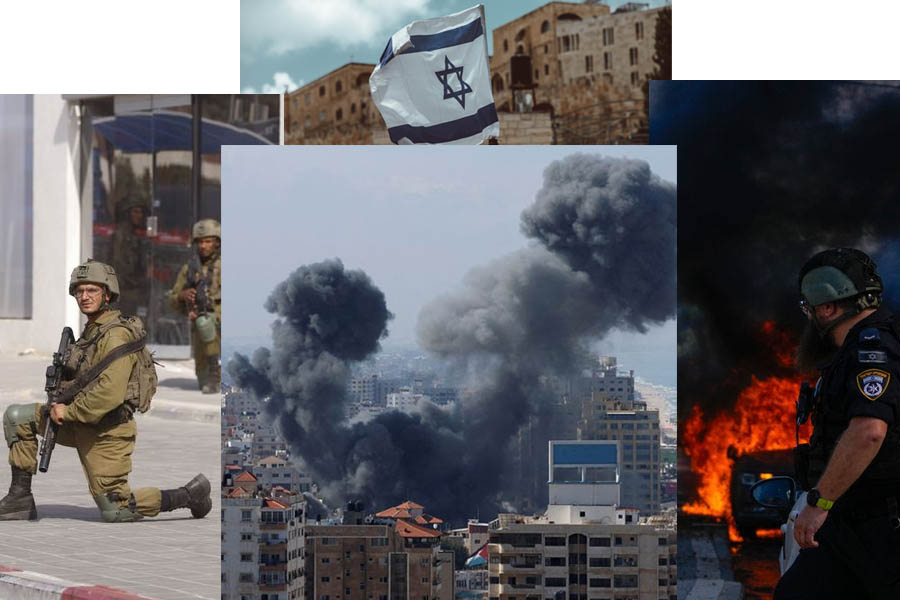
In a shocking escalation of violence, the conflict between Israel and Gaza-based Palestinian militant group Hamas has reached unprecedented levels, leaving a trail of devastation and uncertainty in its wake. The situation continues to evolve rapidly, with significant developments occurring within the last few hours. As up to now, Hamas fired thousands of rockets towards Israel, according to Israeli authorities. The Hamas military commander, Mohammed Deif, said 5,000 had been fired, but an Israeli military spokesperson said 2,500 had been fired. Israeli officials said at least 250 Israelis died in Hamas attacks on Saturday, with more than 1,590 wounded. While the otherside 230 Palestinians have been killed and 1,610 wounded in Gaza by Israeli retaliation after the Hamas attack. Israeli prime minister Benjamin Netanyahu said late on Saturday that the country was “embarking on a long and difficult war” and that all the places where Hamas is based in Gaza or operates from will be turned “into rubble”. The conflict began when the Israeli army issued evacuation warnings to residents in several areas of the Gaza Strip in anticipation of retaliatory strikes against Hamas. Israeli Prime Minister Benjamin Netanyahu, in a stern address, pledged "mighty vengeance" for what he termed a "black day." Hamas, in response, launched a wave of rocket attacks and sent fighters into Israel, resulting in casualties on both sides.
The conflict has escalated into a full-scale war, with both sides sustaining heavy losses. Israel's military response has been swift and decisive, involving air strikes on Gaza and ground operations against Hamas militants. The situation remains fluid, but here are the key developments so far:
Israeli Response: Prime Minister Netanyahu declared a "long and difficult war" against Hamas, vowing to destroy their capabilities and exact revenge for the attacks. Israel has intensified its airstrikes on Gaza, causing significant casualties and damage.
Hostage Crisis: Disturbingly, Israeli civilians and soldiers are reportedly being held hostage in Gaza. The exact number remains unclear, but efforts to rescue hostages are underway amid fierce battles.
International Response: The international community has expressed deep concern over the escalating violence. US President Joe Biden condemned Hamas' attacks as "horrific" and affirmed solidarity with Israel.
The UN Security Council is scheduled to meet to address the crisis.
Humanitarian Impact: The conflict has severely strained Gaza's already fragile medical infrastructure, exacerbating the humanitarian crisis in the region. Efforts are underway to provide aid and support to affected populations.
Diplomatic Initiatives: Diplomatic efforts are in motion, with Egypt engaging in talks with Saudi Arabia and Jordan to defuse tensions. International leaders are calling for restraint and a political resolution to the conflict.
Challenges and Questions:
The situation presents unprecedented challenges, including the high number of hostages, escalating casualties, and the potential for a ground offensive. Both Israelis and Palestinians are grappling with the consequences of the conflict, leading to widespread uncertainty and fear.
Looking Ahead:
As the conflict unfolds, the pressing question remains: What is the long-term solution to break the cycle of suffering and violence in the region? International diplomacy and a concerted effort to address the root causes of the conflict are essential to pave the way for a lasting peace.
The world watches with bated breath as the conflict continues to unfold, hoping for a swift resolution and a return to stability for the people caught in the crossfire.